detail profile g c3 bcnther grabbert
Peran Yang Di Mainkan Günther Grabbert
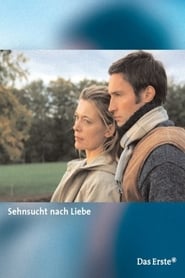 The widowed singleparent pastor Anja has...
The widowed singleparent pastor Anja has...Sehnsucht nach Liebe 2004
The widowed, single-parent pastor Anja has a silent admirer in Herbert. But then she falls in love with Jochen.
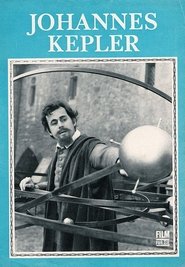 Europe 1620 The wellknown astronomer and mathematician...
Europe 1620 The wellknown astronomer and mathematician...Johannes Kepler 1974
Europe, 1620: The well-known astronomer and mathematician Johannes Kepler, who teaches as a professor in Linz, receives the message that his mother is prosecuted as a witch in Württemberg. The truth behind the allegations is rather simple: His mother has been denunciated by a former friend after an argument with the authorities. Kepler tries desperately to convince the prosecutors of the absurdity of their allegations with rational arguments.
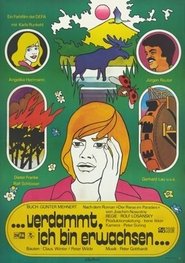 15year old Klaus Kambor called Kurbel...
15year old Klaus Kambor called Kurbel...… verdammt, ich bin erwachsen 1974
15-year old Klaus Kambor, called Kurbel, is living in a village in Lusatia and already thinks of himself as an adult. He can hold a lot of rhubarb wine and has already kissed a girl. But with his new method of lawn mowing, which he thinks is brilliant, Klaus makes a big mistake: He causes a wild fire in the forest. Then he does not react adult-like at all, but shirks the responsibility, which leads to the break-up with his girlfriend Daniela. Furthermore, Klaus does not realize that several of the places he likes the most in his environment are now going to be sacrificed to mining. When Klaus becomes friends with the teacher Konzak and with the construction worker Jule, he feels understood for the first time and starts to take more responsibility.
 Dr Gerd Thiessen an experienced veterinarian...
Dr Gerd Thiessen an experienced veterinarian...Weil ich dich liebe … 1970
Dr. Gerd Thiessen, an experienced veterinarian, takes up a new job at a publicly owned manor. His research colleagues are less than thrilled about his ideas and modification proposals. Thus, the pretty and confident veterinarian Sabine Ladenbach becomes his only ally and soon they fall in love with each other. When Thiessen’s wife Eva notices that her husband is growing away from her, she starts to fight for him. Eventually, Thiessen realizes that Eva is the woman of his life, both privately and professionally. At the same time, he figures out that he needs the support of his team to achieve success in his field.
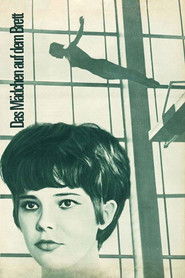 The 18yearold Katharina Jens is a...
The 18yearold Katharina Jens is a...The Girl on the Diving Board 1967
The 18-year-old Katharina Jens is a high diving champion and succeeds in everything she does. When she enters an international contest in place of her team colleague Claudia, expectations are accordingly high. However, when she misses the one-and-a-half somersault with a double twist her team fails to gain victory. Suddenly, the question arises if she is in fact good enough.
 After a breakdown Rita returns to...
After a breakdown Rita returns to...Divided Heaven 1964
After a breakdown, Rita returns to her childhood village in 1961. As she recovers, she remembers the past two years: her love for the chemist Manfred, ten years her senior; how his enthusiasm about his new chemical process turned to bitter disappointment in the face of official rejection; how he escaped to West Berlin a few weeks before the Wall was built and hoped that she would follow him …
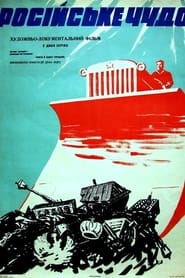 Das russische Wunder The Russian Miracle 1963...
Das russische Wunder The Russian Miracle 1963...The Russian Miracle 1963
Das russische Wunder (The Russian Miracle) (1963) is a two-part East German documentary directed by Annelie and Andrew Thorndike. The documentary chronicles Russia’s dramatic transformation from the Tsarist Empire to the Soviet Union, covering key historical moments including the 1917 October Revolution and the rise of Soviet communism. Through the use of archival footage, the film explores the socio-political upheavals that reshaped Russia and culminates in the achievements of the Soviet space program. Produced by DEFA, it was first broadcast on East German television in 1963, offering an insightful look at Russia's 20th-century evolution.
 A film about the historical uprising...
A film about the historical uprising...The Sailor’s Song 1958
A film about the historical uprising of the seamen in Kiel: During the Russian October Revolution of 1917, German and Russian soldiers start to solidarize with each other. By disarming the officers, machinist Henne Lonke and stoker Jens Kasten prevent the attack on a Russian freighter. When German admiralty gives out orders for operation "Nibelungen", which would lead the German fleet into a suicidal attack against England and quell the revolutionary spirit, seamen and soldiers from different political backgrounds unite in protest.
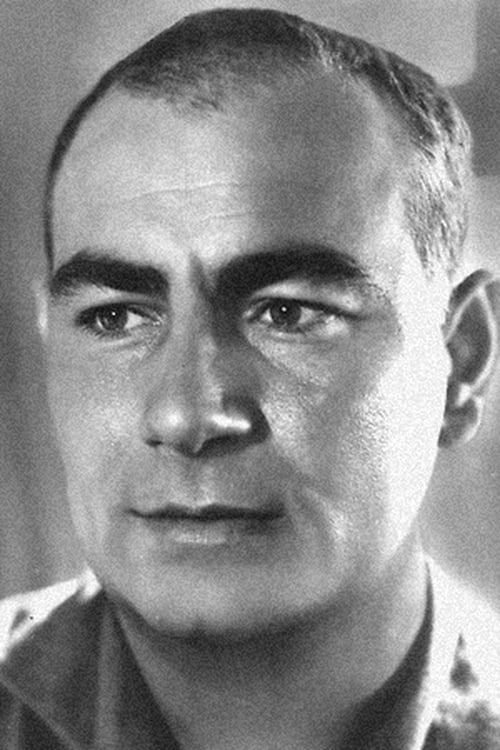
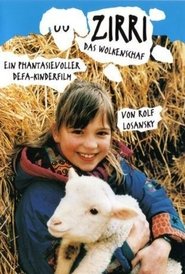 Elevenyearold Christine called Schiene spends her...
Elevenyearold Christine called Schiene spends her... Adaptation of the classic fairytale Rapunzel...
Adaptation of the classic fairytale Rapunzel...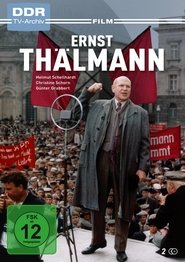
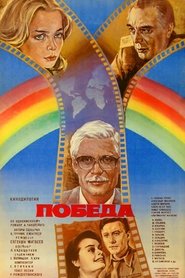 30 years after the end of World...
30 years after the end of World...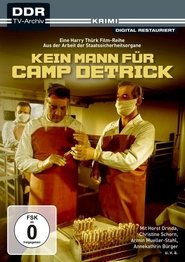
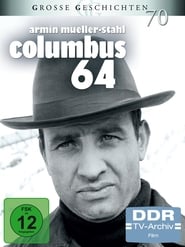
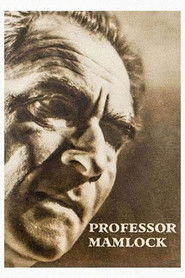 A Jewish chief of surgery in 1933...
A Jewish chief of surgery in 1933...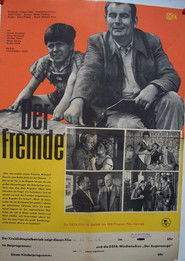
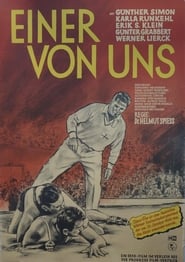
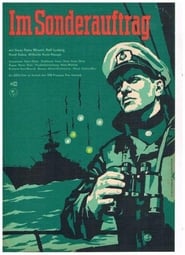
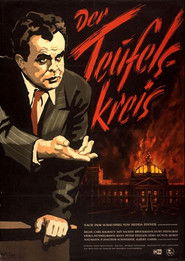 Shortly after the seizure of power...
Shortly after the seizure of power...